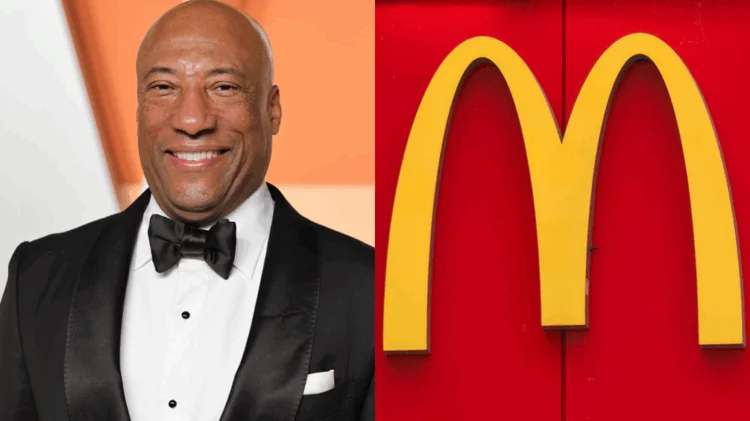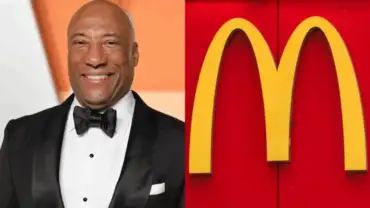
McDonald’s move may inspire other large corporations to rethink their advertising strategies and increase their spending with Black-owned media. As a new precedent is set, this could result in generating millions of dollars for these minority-owned businesses.
Significantly, this case underscores the broader issue in media advertising where racial inequality is perpetuated through exclusionary practices. By highlighting this, Allen opens the floor for debate, instigating a conversation that goes beyond advertising dollars and into the discriminatory choices that can underpin corporate advertisements.
In response to the lawsuit and settlement, other Black media entrepreneurs echoed the sentiments expressed by Allen. “This isn’t about one company, nor one lawsuit,” commented Alfred Liggins, Urban One CEO. “It’s about creating real, substantive change throughout the corporate world. Equality isn’t a one-and-done thing, it’s a continual effort.”
The Struggles and Successes of Byron Allen
Byron Allen, a comedian turned media mogul, founded Entertainment Studios, which owns television channels like The Weather Channel, Comedy.TV, Cars.TV, and holds movie production and distribution divisions. Over the years, Allen has faced several obstacles while climbing the ladder to his current standing. This lawsuit and subsequent settlement stands as a milestone win for the entrepreneur, adding to his notable catalogue of accomplishments.
While the Bryon Allen-McDonald’s settlement may have marked the end of a legal battle, it certainly hasn’t curtailed Allen’s fight for civil rights and racial equality. He continues to challenge the status quo, and leverage his influence and resources to pave a path towards a more equitable industry.
In Conclusion
Bearing witness to this landmark case, we must remember that the issue extends further than brands simply spending more on Black-owned media outlets. It’s about creating equitable access to opportunities, removing bias from decision-making processes, and integrating racial fairness into the very fabric of corporate strategies.
As such, this case and its settlement hold more significance than the legal documentation of precedent-setting decisions. It shines a light on an age-old issue, and, in doing so, stirs the pot of conversation. Hopefully, this discourse will foster change, creating a media industry and a society, that is inherently equitable and just.
For now, this tale of legal thrust and parry ends with a settlement, but we can only hope that it sparks a chain reaction within corporate America, pushing everyone to fight racial inequality not just in words, but in real, equitable action.

